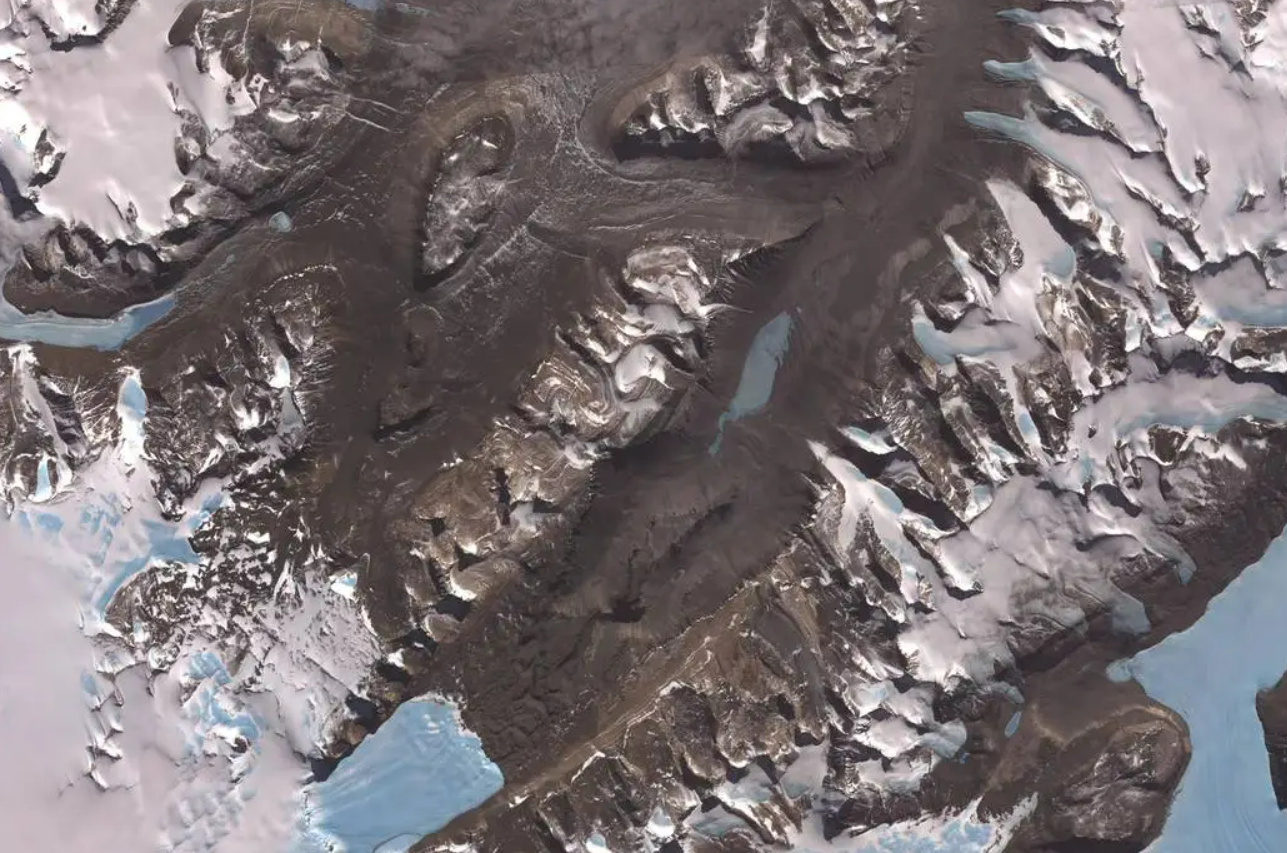Despite its freezing temperatures, Antarctica is a desert because it receives very little rain or snow.
Deserts are defined as landscapes where little precipitation occurs. While there are no strict criteria for what makes a desert, it typically refers to a region that receives less than 25 centimeters (10 inches) of rain or snow per year.
Antarctica fits well within this definition of a desert. Estimates vary, but the average amount of precipitation over the whole continent is estimated to be around 15 centimeters (under 6 inches) per year, according to the Australian Antarctic Programme.
Some parts of Antarctica are drier than others, however. While certain coastal regions can receive decent downpours of snowfall, areas that are deep inland – far from sources of moisture – see less than a few centimeters of precipitation every year.
It’s claimed some parts of Antarctica, such as the aptly named McMurdo Dry Valleys, haven’t had a drop of rain or a single snowflake in millions of years. Although some scientists doubt this assertion, these wind-swept valleys are widely considered to be one of the driest places on Earth.

Satellite image of the McMurdo Dry Valleys, located in the valleys west of McMurdo Sound, Antarctica.
Image Credit: NASA/GSFC/METI/ERSDAC/JAROS, and U.S./Japan ASTER Science Team
It’s worth remembering that Antarctica is colossal in size – with an area of 14,200,000 square kilometers (5,500,000 square miles) – making it the largest desert in the world too.
Antarctica’s dryness is primarily due to its coldness. Chillier air holds considerably less moisture than warm air, meaning it’s not easy for clouds to form. More significant snowfalls usually occur near the coast because warmer air can move over open water and pick up the sufficient moisture needed to make clouds.
Scientists working in Antarctica claim that the air is so dry it means potato chips and popcorn never go stale. Likewise, wet hair and towels dry rapidly after a shower, plus mildew and mold are practically non-existent.
The downside of living in this desperate arid region is that your skin gets very dry and cracked from the lack of humidity. You can also expect to deal with a daily dose of bloody boogers because your nasal cavity has become parched.
It may be hard to imagine, but dehydration is a major hazard on the ice-capped continent. Many of the early explorers who first set foot on Antarctica, including Captain Robert Falcon Scott, died of dehydration along with frostbite, exhaustion, and a myriad of other cold-related complications.
In 2016, former British army officer Henry Worsley attempted to become the first person to cross Antarctica solo and unaided. On day 71, just 48 kilometers (30 miles) short of his goal, he succumbed to exhaustion and severe dehydration. After being airlifted to a hospital in the southern tip of Chile, he died aged 55.
Source Link: Why Antarctica Is A Desert